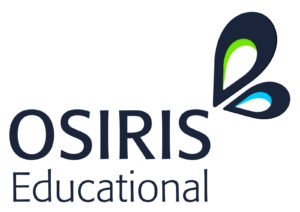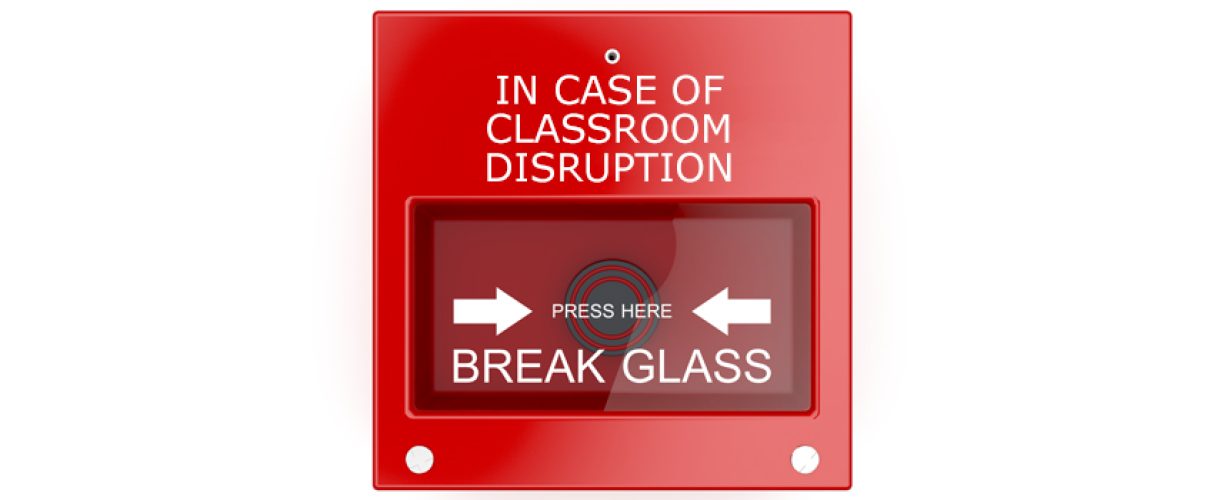We will all know the scene. A busy class, with students at different levels of engagement. Suddenly an outburst. Chairs pushed back. Swearing. Door slamming. The poor teacher struggles to wrestle control back, as all the attention has been on the explosion that has just occurred. Muttered voices: “He’s going to be excluded this time” “I hate this –every lesson there’s something”. And on and on.
Even the most experienced teachers and the most cooperative students struggle when faced with extreme anger from another student. Time is lost, focus has gone and the impact on learning is clear
for all to see.
For school leaders there have always been two opposing views of how to tackle angry students. The disciplinarian approach has involved withdrawal, sanctions, and exclusions. By contrast, the restorative approach has featured support, understanding and flexibility. Both methods have their supporters and critics, and often schools operate a hybrid approach: tolerance and flexibility featuring up to a point, then sanctions taking over once the offences are deemed to be too serious.
There is both a pressure and an obligation on schools to be proactive with students who manifest anger in the classroom. Teachers want to feel supported in their classroom management; parents want to see action being taken so that learning isn’t disrupted; students want peace to return to the classroom – even if they do enjoy the temporary distraction of some drama in their lesson. And of course, your friendly Ofsted inspector will be looking for signs of effective behaviour management processes, which will include managing the explosions of anger that sometimes occur.
This is an endemic issue. The latest government figures show that over 40% of permanent exclusions are for physical or verbal assaults, many of which will be driven by student anger. So action needs to be taken, locally as well as nationally.
It’s not just schools that are struggling with the angry behaviour of children. A recent YouGov survey showed that 18% of parents in inner city environments feel extremely challenged by the behaviour of their children, and welcome support and advice. The traditional method of wheeling the parent in to see the head, and telling them to sort their children out, is becoming increasingly ineffective
What can schools do to tackle this? With increasing pressure to reduce exclusions, and a moral imperative to support students who are challenged by their own behaviour, the nurturing approach is increasingly being adopted. One such project is FACE Youth. Located within a London secondary school, this project delivers innovative anger management programmes for students, and voluntary parenting skills workshops for parents. The results have been impressive, with reductions in exclusions, increase in staff morale and a restoring of calm to the busy school.
Similar projects are being replicated throughout the country, either delivered by external organisations or by members of the inclusion team within the school. Whatever the nature of the project, the successful ones have common traits: one person leads and has time to deliver; the materials are robust and innovative; the leadership team support the project as an alternative to punishment; all participants (students or parents) are there on a voluntary basis.
It is not difficult for schools to set up supportive anger management or parenting programmes. The materials are available, the in house skills are often in place, and the budget requirements are low. What it takes is the school’s commitment to tackling the issue of angry students in a proactive way, so that they can support young people to stop unhelpful anger, and re engage with their own learning.
 Charlie Warshawski is a leadership trainer and has supported hundreds of schools in developing their leadership capabilities and coaching cultures. His presentations are engaging, energising and thought provoking and delegates always leave with clear strategies to implement when they return to school.
Charlie Warshawski is a leadership trainer and has supported hundreds of schools in developing their leadership capabilities and coaching cultures. His presentations are engaging, energising and thought provoking and delegates always leave with clear strategies to implement when they return to school.
Charlie is currently presenting How to set up an anger management programme for Osiris Educational. Click here for more details.



